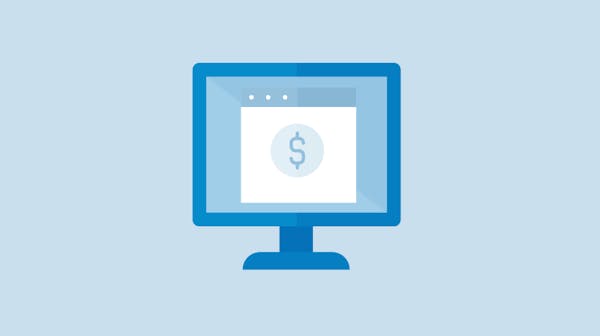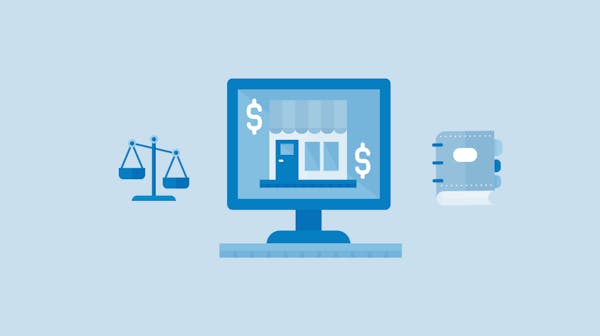The short answer is, it depends on jurisdictional requirements and the specific circumstances of the transaction, but generally, a signature is not mandatory for an invoice to be valid. Including a signature on an invoice can add a layer of seriousness and formality that might facilitate payment processes – but there are effective alternatives leveraging modern technology.
Does signing an invoice boost its legal validity?
An invoice ordinarily acts as a record of a transaction between a buyer and a seller. It's crucial for delineating the specifics of what services or goods were provided and at what cost. Although legally, the requirement for a signed invoice isn't universal, and it indeed varies depending on the locale and context of the business transaction. The act of signing can convey an agreement between the involved parties. Typically, invoices without a signature are still valid, provided they contain the necessary details of the transaction. However, certain legal contexts may demand a signed invoice, such as international trade where invoices play a part in the documentation for customs clearance.
Business law advocates that while signing an invoice can denote consensus, it is not the sole determinant of an invoice’s legal standing. The completeness and clarity of the invoice terms, as well as proper issuance, play equally important roles. Interestingly, signed invoices might feature prominently as evidence in commercial litigation, indicating mutual consent to the stipulated charges. A tip for ensuring compliance is to always be aware of the local legal requirements for your invoices.
How can 'signing an invoice' facilitate smoother payment processes?
Signatures have psychological importance, implying a document warrants attention and imminent action. When an invoice bears a signature, particularly from an individual of authority, it can signify that the invoice has undergone all necessary checks and is now demanding payment. As outlined in financial management principles, a signature may elevate the perceived importance of the invoice. Subsequently, this can hasten the processing of the invoice by the payer, as it implies endorsement and finality.
Signed invoices might also be advantageous in hastening the payment processes within larger corporations where the payment approval systems can be complex. They signal that an invoice has "passed" various controls, coming across as trustworthy, potentially circumventing delays caused by further checks or clarifications. To improve your payment processes, consider adopting a procedure where invoices are reviewed and authenticated before being issued.
What are the alternatives to signing an invoice that still maintain its authenticity?
As technology reshapes accounting practices, manual signatures on invoices are no longer the sole option. Digital signatures offer a robust alternative formatted as encrypted data linked uniquely to both the signer and the document. They hold an assurance of security, verifiability, and are legally recognized in many regions. Electronic invoicing systems bring even more efficient methods to affirm authenticity. These systems use internal controls, such as approval workflows and audit trails, to validate an invoice's issuance, sidestepping the need for a handwritten signature.
Further underscoring the adaptation to digital means, audit trails within such systems log the progression of an invoice's approval, offering conclusive proof of the process and individuals involved. Within certain situations, other documents like contracts or purchase orders that are signed can lend credence to unsigned invoices, forming a foundation for their legitimacy. An example showcasing the simplicity and efficiency of electronic systems would be an automated approval workflow where invoices move through predefined checks and balances, culminating in an authenticated document ready for dispatch. Embracing electronic systems not only streamlines the invoicing process but also substantiates the authenticity of your financial documentation. A practical tip is to leverage these technological advancements to enhance the credibility and traceability of your invoices.
Embrace the future of invoicing with InvoiceOnline, where secure electronic invoicing meets user-friendly design. Experience it firsthand with a commitment-free trial, and see how seamless managing your finances can be.




